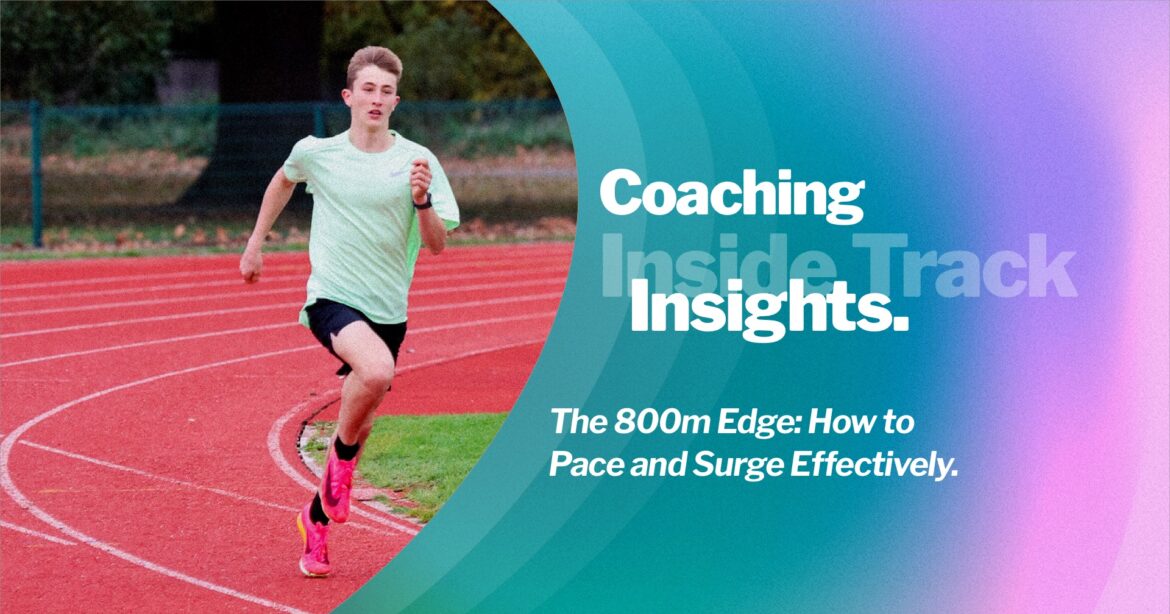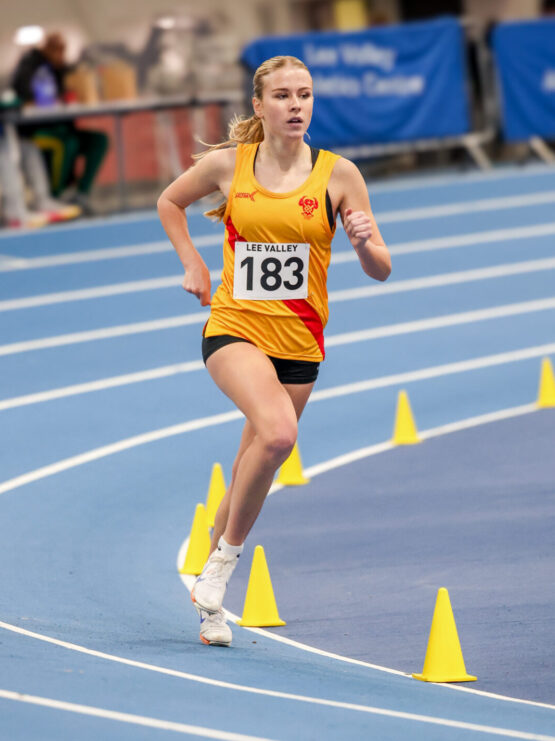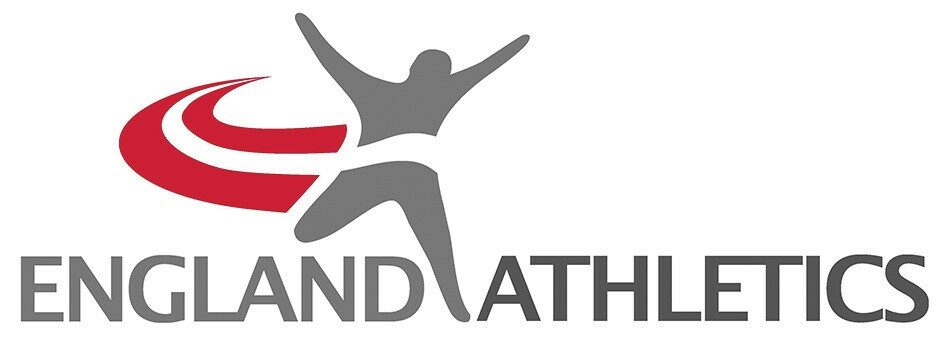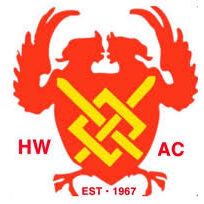Story By Bjorn Jansen
The 800m is one of the most demanding track events, requiring a precise balance of speed, endurance, and tactical awareness; unlike pure sprints, where athletes sustain maximum effort throughout, or longer races, where pacing is more conservative, the 800m demands strategic bursts of speed at key moments. Mastering pacing and well-timed surges can be the difference between winning and fading in the final stretch.
Understanding 800m Pacing
The ideal pacing strategy for the 800m is rarely a simple, even-split approach. Most elite runners cover the first lap faster than the second, typically by one or two seconds. This positive split approach works because maintaining top-end speed later in the race becomes significantly more challenging due to fatigue and rising lactate levels.
A standard pacing model follows this pattern:
- First 200m: Fast but controlled, positioning yourself well while staying relaxed
- 200m–400m: Maintain a strong rhythm without overexerting, reaching the bell in a competitive position
- 400m–600m: This is often the breaking point of the race: the ability to hold form and stay strong. We consider this to be the most important 200 of the race.
- Final 200m: A decisive push towards the finish, keeping good form and rhythm, using whatever reserves remain.
When and How to Surge in a 800m
Surging in the 800m is an essential skill that allows athletes to break competitors, cover moves, or create separation at key points. However, mistimed or excessive surging can drain energy too soon.
Key Surge Strategies
- Mid-Race Move (300m–500m): Many successful 800m runners, including Olympic medallists, move just after the 300m mark to secure a strong position before the second lap. We consider this a controlled surge, enough to disrupt competitors but not a full sprint.
- Breaking the Field (500m–600m): Races are often won or lost in the back straight. A well-timed acceleration at this point can demoralise opponents and create a decisive gap.
- Final Kick (650m–800m): The last 150m is about maintaining form while pushing beyond exhaustion. Sprinters transitioning to the 800m may have a natural advantage here, but endurance-based athletes must train to hold speed under fatigue.
Training to Improve Pacing and Surging
Training must include race-specific sessions that reinforce pacing control and the ability to change gears to execute these strategies effectively.
- Lactate Threshold Repeats: 3 × 600m at 800m race pace with 3 minutes recovery. It helps sustain the high-intensity effort.
- Race-Pace Changeups: 4 × 500m, with the first 300m at controlled effort, followed by a hard surge over the last 200m.
- Sprint-Finish Drills: 3 × 200m sprints after a hard 600m effort to simulate finishing under fatigue.
Gaining the Edge
Executing the perfect 800m race is as much about mental resilience as it is about physical conditioning. Developing a strong sense of pace and knowing when to surge will give you the tactical advantage needed to outperform your competition. At SpeedPro, we refine these race-day skills through targeted sessions designed to enhance speed and endurance. Train smart, control your race, and surge to win your next big race.





